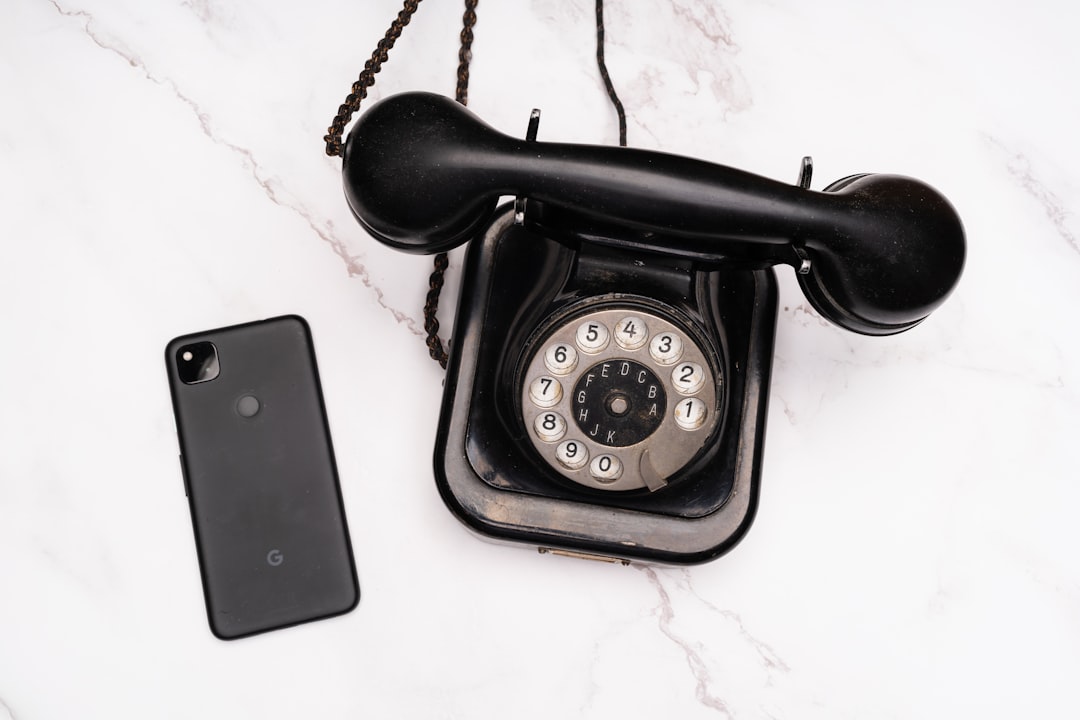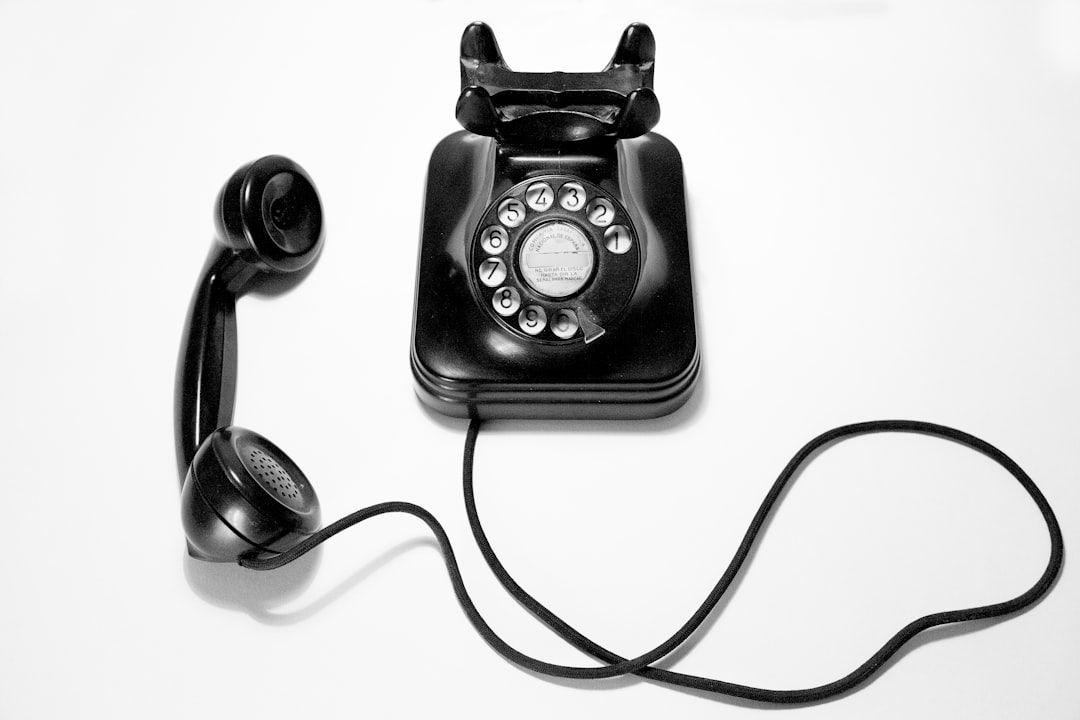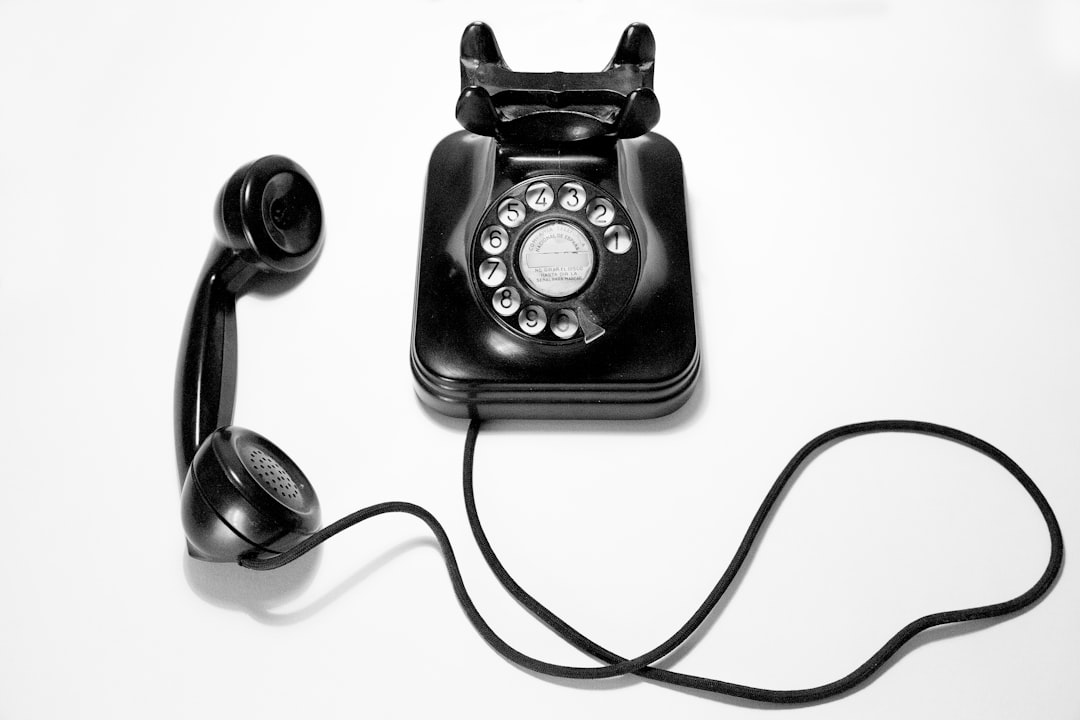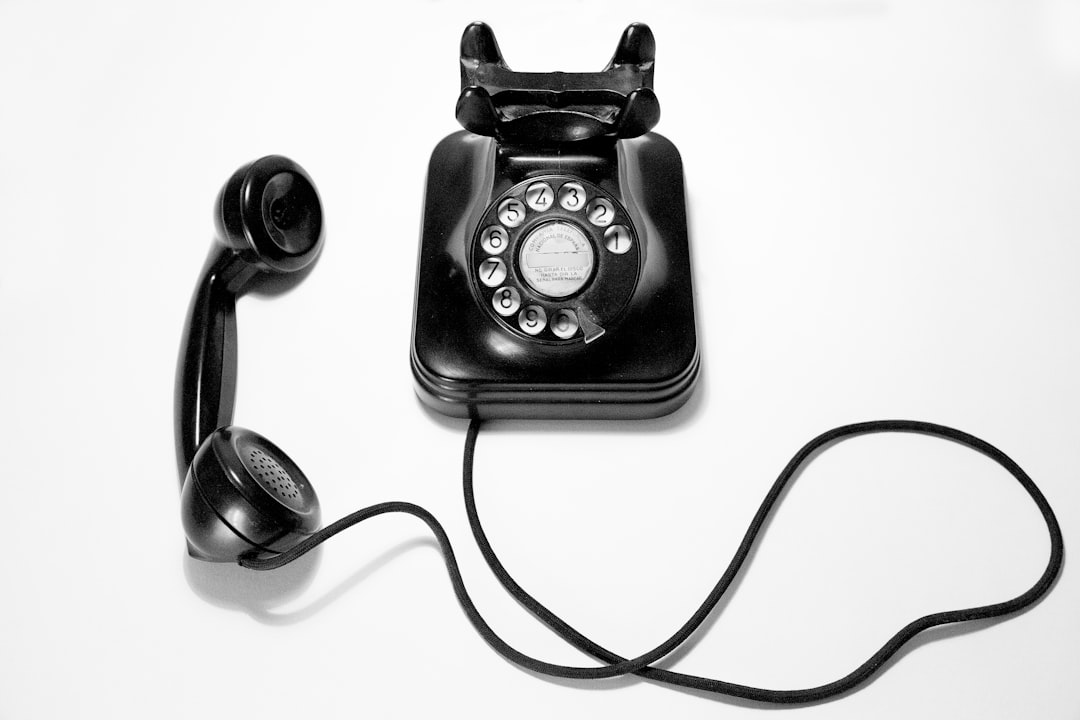In Iowa, the Do Not Call list protects residents from unwanted telemarketing calls (spam calls), with exceptions for charities, political organizations, and businesses involved in direct marketing, legal consultations, debt collection, or market research. Non-compliance can lead to legal issues. To report spam calls, record caller details and file complaints through the Federal Trade Commission (FTC) Do Not Call Registry and Iowa Attorney General's Office. Phone service providers also offer tools for enhanced protection. Key term: Spam Call law firm Iowa.
In Iowa, understanding the state’s Do Not Call list and its exceptions is crucial for consumers. This article serves as a comprehensive guide for navigating Iowa’s Spam Call laws. We’ll explore who is exempt from compliance and provide practical tips on how to handle and report spam calls effectively. For businesses, this is a must-read to ensure adherence to legal requirements, and for residents, it equips them with knowledge to protect against unwanted phone solicitations. Turn to our Iowa Spam Call law firm for expert advice.
Understanding Iowa's Do Not Call List and Its Exceptions

In Iowa, the Do Not Call list is a registry designed to protect residents from unwanted telemarketing calls, also known as spam calls. This list is managed by the state and allows individuals to opt-out of receiving marketing phone calls. Understanding these rules is crucial for both consumers and businesses alike, especially in the context of the Spam Call law firm Iowa, where legal implications can arise from non-compliance. Exceptions to these rules exist, providing relief from unwanted calls for certain groups.
For instance, charities and political organizations are exempt from the strict Do Not Call list regulations. They can still call individuals on the registry, but with some restrictions. Additionally, if a consumer has initiated a purchase or rental agreement with a business, they may receive follow-up calls regarding that transaction, which is another common exception. Businesses should be aware of these nuances to ensure their marketing efforts remain compliant while effectively reaching their target audiences.
Who is Exempt from Compliance?

In Iowa, certain individuals and organizations are exempt from complying with the Do Not Call laws regarding spam calls. This exemption applies to businesses that have a legitimate business purpose and are engaging in direct marketing activities. Law firms operating under these circumstances can make phone calls to potential clients for purposes like legal consultation, representation, or collection of debts.
Additionally, charitable organizations, political campaigns, and companies conducting surveys are also exempt from the strictures of the Spam Call law firm Iowa regulations. These entities must still adhere to certain guidelines, such as providing a clear and conspicuous way for recipients to opt-out of future calls, but they are generally allowed to make outbound calls without obtaining prior explicit consent.
How to Handle and Report Spam Calls in Iowa

In Iowa, handling and reporting spam calls is governed by the state’s Spam Call Law Firm regulations. If you’re receiving unwanted or deceptive telemarketing calls, take note of the caller’s information—including their phone number, the date and time of the call, and any marketing message they leave. You can then report these calls to the Federal Trade Commission (FTC) using their Do Not Call Registry.
In Iowa, there are specific provisions for reporting spam calls. You can file a complaint with the Iowa Attorney General’s Office, which will investigate and take appropriate action. Additionally, many phone service providers offer tools to block and identify spam calls. Utilizing these features, alongside reporting them to relevant authorities, is an effective way to combat persistent spam call disturbances.






